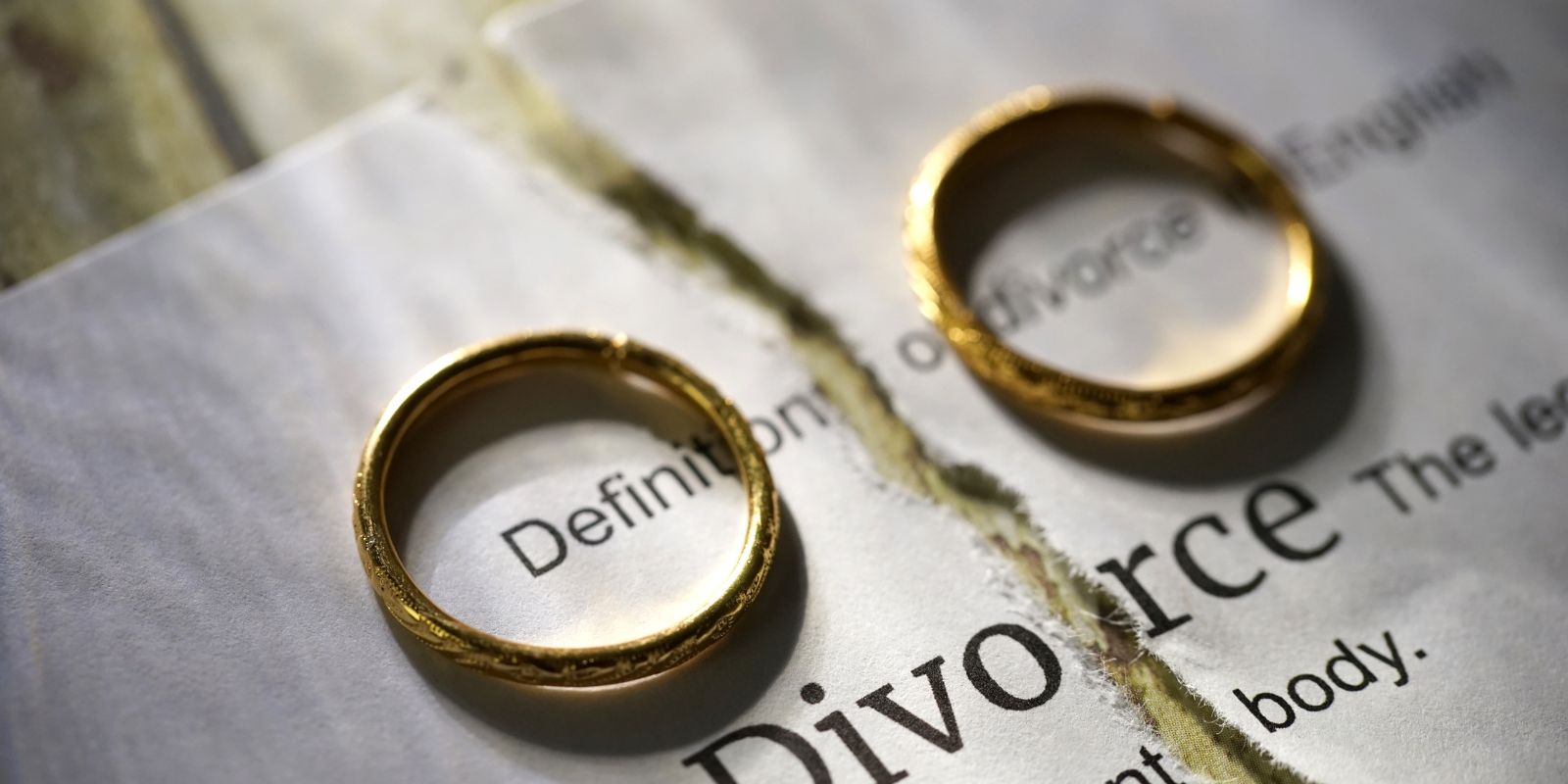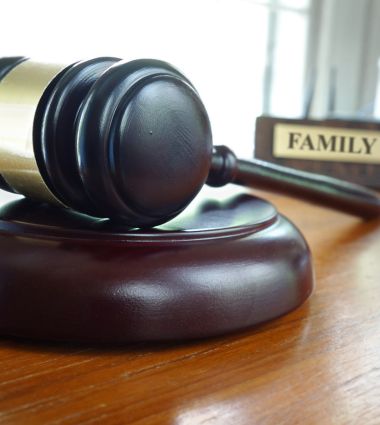How to Apply for a Name Change After Divorce in Canada
Applying for a name change after divorce in Canada can feel like an emotional and complicated process, but it doesn’t have to be overwhelming. This is a chance to welcome a new chapter in life, and the steps are more manageable than they look.
Whether you’re returning to your maiden name or choosing something new, there’s guidance to help you along the way. Take your time, reach out for support if needed, and remember — this change is all about moving forward with confidence. Ready to learn how to make it official?
Why You Might Want to Change Your Name After Divorce
Going through a divorce in Canada can be quite a challenging experience. One decision you might face is whether to keep your married name or change it. Let's explore some reasons why you might want to apply for a name change after divorce.
A Fresh Start
Changing your name can symbolize a new beginning. It's like turning the page to a brand new chapter in your life story. By shedding your married name, you're leaving behind reminders of your previous marriage. This can be incredibly freeing and help you move forward with a renewed sense of self.
Emotional Ties
Sometimes, keeping your married name can feel like you're still emotionally tied to a relationship that's over. If you find yourself wincing every time you hear or see your married name, it might be time for a change. A new name can help you feel more like "you" again.
Family Connection
For some, restoring a family name is a big motivator for changing their name after divorce. Maybe you miss your maiden name or want to honour your family heritage. Whatever the reason, reconnecting with your roots through your name can be a powerful experience.
There's no right or wrong choice when it comes to changing your name after divorce in Canada. It's a personal decision that should feel right for you. If you do decide to make the switch, be sure to consult with a family lawyer in Canada to guide you through the process.

Documents You'll Need to Apply for a Name Change
Getting a name change after a divorce in Canada may look like a hassle, but it's not as complicated as you might think. Here's what you'll need to get started:
The Basics: Divorce Papers
First things first, you'll need proof that your divorce is official. This means having two key documents:
- An Affidavit Supporting an Uncontested Divorce
- Your Divorce Order
These papers show that your marriage is legally over, which is required for changing your name.
Applying for a Legal Name Change
In some cases, you may need to fill out an Application for a legal name change with the Vital Statistics office in your province. Although this step isn't always necessary, but it's good to check with your local office just in case.
The Final Piece: Certificate of Change of Name
Once everything's approved, you'll receive a Certificate of Change of Name. This little document is your golden ticket - it's the proof you need to show everyone that your name has officially changed.
The exact process can vary a bit depending on where you live in Canada. If you're feeling unsure, it might be worth chatting with a family lawyer in Canada. They can guide you through the name change after the divorce process and make sure you've got all your ducks in a row.
Step-by-Step Guide to Legally Changing Your Name After Divorce in Canada
Going through a divorce is tough, and changing your name afterwards can feel like another hurdle. Luckily, we've got you covered with this simple guide to help you through the process.
Gather Your Documents
First things first, you'll need your divorce certificate. This is your golden ticket to start the name change process after divorce in Canada. Make sure it's the official one from the court, not just a photocopy.
Fill Out the Forms
Next up, you'll need to complete a name change form. Each province has its own, so check with your local Vital Statistics office. In Ontario, for example, you'll fill out the "Application for Change of Name" form.
Submit Your Application
Once you've dotted your i's and crossed your t's, it's time to submit your application. You'll need to send it to your provincial Vital Statistics office along with the required fee.
Update Your ID
After your name change is approved, don't forget to update all your government documents. This includes your driver's license, health card, and passport. You shouldn't ignore the importance of having all your IDs match your new name, even if it feels like a hassle.
If you're feeling overwhelmed, you can always reach out to an expert family lawyer in Toronto for help. They can guide you through the process and make sure you haven't missed any steps.

Costs Associated with Changing Your Name After Divorce
Wondering about the price tag for a name change after divorce in Canada? Good news - it's not as pricey as you think! The costs can vary depending on where you live, but they're generally quite reasonable.
Ontario: A Wallet-Friendly Option
If you're in Ontario, you're in luck. There's no financial cost associated with changing your name after divorce in this province. That's right - it won't cost you a dime! You'll just need to fill out some paperwork and you're good to go.
But, if you want to update your name on official documents like your driver's license or health card, there's a small fee of $25. It's a small price to pay for a fresh start, right?
British Columbia: A Bit More Expensive
Over in British Columbia, things are a little different. If you're looking to do a legal name change after your divorce, you'll need to budget for a $120 government fee. It's a bit more than Ontario, but still pretty reasonable in the grand scheme of things.
Other Provinces
For other provinces, the costs can fall somewhere in between. It's always a good idea to check with your local family lawyer expert in regional information or the government office for the most up-to-date information on how to apply for a name change.
There may be some costs involved, but changing your name after divorce can be an empowering step towards your new life chapter. Don't let the fear of expenses hold you back from making this important decision.
FAQs - How to Apply for a Name Change After a Divorce in Canada
Do I need a lawyer to change my name after the divorce?
You don't necessarily need a family lawyer in Canada to change your name after divorce. But, it can be helpful to consult one, especially if you're unsure about the process. They can guide you through the paperwork so everything's done correctly.
How long does the name change process take?
The time it takes to apply for a name change after divorce in Canada varies by province. Generally, it can take anywhere from 6 to 12 weeks - this is just the processing time. You'll also need to factor in the time it takes to gather documents and fill out forms.
Can I change my children's last names too?
Changing your children's last names is a separate process from changing your own name after divorce in Canada. It usually requires consent from both parents or a court order. If you're thinking about this, it's best to discuss it with your ex-spouse or seek legal advice.
What documents do I need to provide?
To apply for a name change, you'll need your divorce certificate, birth certificate, and government-issued ID. Some provinces might ask for additional documents, so it's a good idea to check with your local vital statistics office.
Changing your name after a divorce in Canada may feel overwhelming, but it’s easier if you take it step by step. Whether you're returning to your maiden name or choosing something new, this process is your opportunity for a fresh start.
Don't hesitate to ask for help, be it from friends, family, or local offices. Taking it one form at a time makes the task manageable. Here's to welcoming your new beginning and finding the name that fits the new you!
Real Estate
Family Law
Wills & Estates
Immigration
Join Our Mailing List.
Sign up with your email to receive our newsletter and stay informed about the latest legal developments and special offers.



















